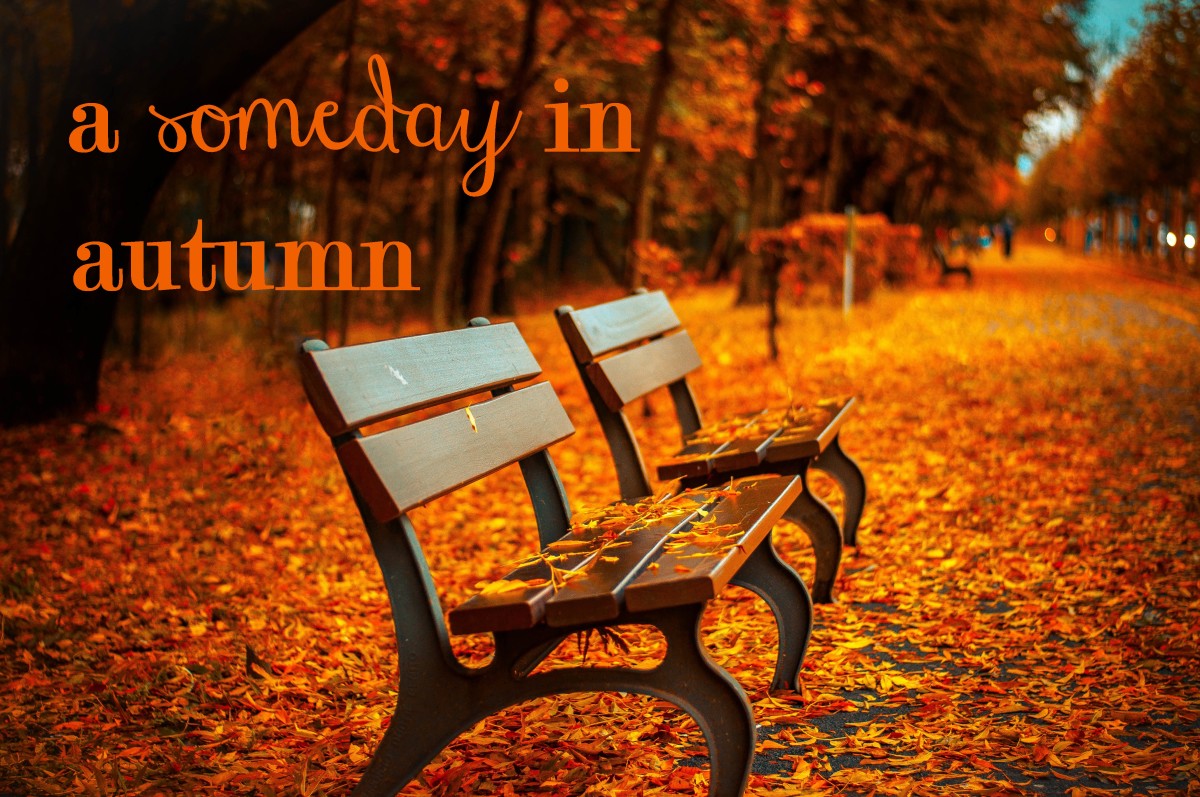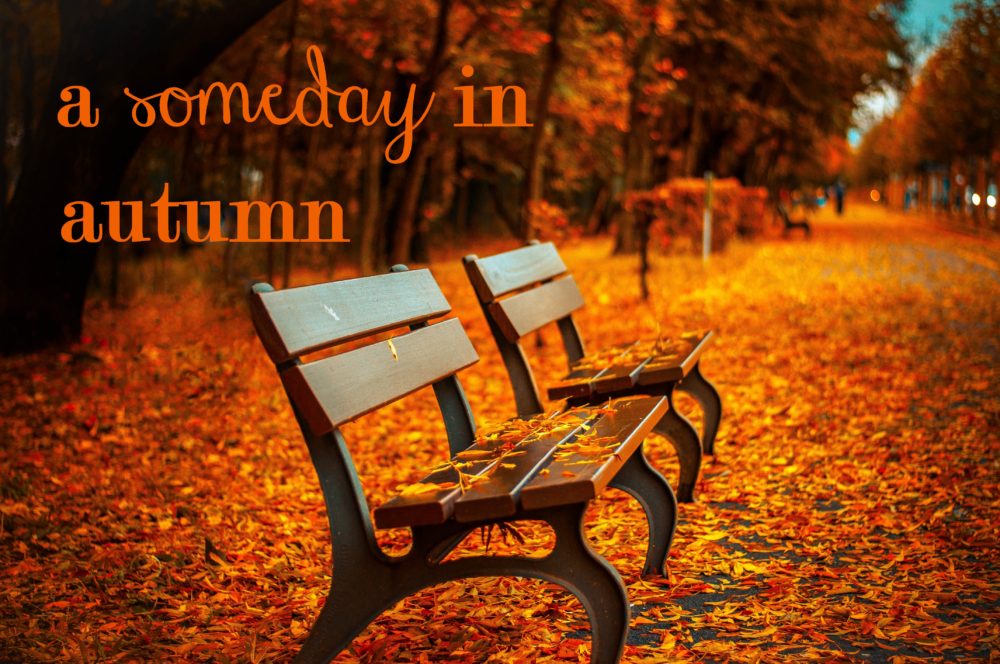Today, in heavy strokes, a pumpkin was neatly sliced in my kitchen. Thick wedges of orange lay surrendered on the countertop, awaiting steam and recipes. And that’s when I smelled it: fall. Almost as quickly as it reached my nose, memories collided with each other, awaiting their turn in my mind to display their images of careful carving, the crunch of roasted seeds, and stringy goo hanging from my fingers. It was as if I could touch the softness of my husband’s old orange sweatshirt, hear the crackle of leaves, and heft a cuddly niece onto my hip.
But also suddenly was an unexpected prick of loss. A thoughtful friend had e-mailed me earlier in the week: Thought of you last night as I made a pot of turkey chili for a ball-game watching party tonight. Know how much you love autumn.
Chili, pumpkin-carving—key ingredients of an annual “fall fest” my husband and I would host for my extended family and the occasional friends right around the first cold snap of autumn, under that azure blue of a fall sky.
That is, before we left for Uganda. Kampala’s temperatures hover around a balmy average of 61-82 degrees year round—rainy and dry seasons, for sure, but pretty much just beautiful. I don’t even look at the weather, because it seems the same: lovely with a chance of brief rain. Hmm, and no chance of autumn.
Not that I am complaining. I adore our lives here; I adore the weather. But I do miss my family. As my husband reminds me, mourning (yet not grumbling about) what we lose can be a statement of its value. And when I smell pumpkin, I am reminded that I am not in my parents’ garage at their folding table, carving a pumpkin next to my four-year-old nephew who calls my husband “Unca John”, or the bobbing blonde curls of my niece. I am a continent, a great blue ocean, away.
And this is when my faith must meet the road, so to speak. It is there in my kitchen that some semblance of a quote from the past bubbles up in the orangey haze of my mind:
The biblical view of things is resurrection—not a future that is just a consolation for the life we never had but a restoration of the life you always wanted. This means that every horrible thing that ever happened will not only be undone and repaired, but will in some way make the eventual glory and joy even greater.[1]
This theme seems to be replete throughout Scripture—in God’s eagerness to overwhelm Job with blessings after his utter desolation; in the reminder that He “will restore to you the years that the swarming locust has eaten” (Joel 2:25); His promise to give 100 times as much in this life and in the life to come what we have given up (Matthew 9:29); the fact that no eye has seen, no ear has heard, no mind has conceived the wonder of what God’s prepared for us in our own resurrection.
So I remember: My God gives and takes. But hands-down, my God is a giver.
Even the small things He has asked of me–and the steep cost He’s asked of my family–like pumpkin faces or a soft curl in my hand, He will repay more than what He asked. And this means for every grave diagnosis, for every spade of dirt thrown on a coffin, for every dream to which He has quietly closed the door for His sake—each will be hungrily swallowed up by the goodness to come.
I sense it already: the engulfing blessing, the flood of His goodness. And the promise of, someday, even greater than the equivalent of a bowl of chili next to my dad.
[1] Keller, Timothy. The Reason for God: Belief in an Age of Skepticism. New York: Dutton Adult (2008).









2 Comments
Cindy Blunier - 10 years ago
What a sweet post. Made me miss all of you AND fall. It is quite hot here. Not complaining, just remembering how much I love cool!
This is a good reminder for all of us to focus on what is to come.
Love you,
Mom
Janel - 10 years ago
If God has the same idea I do, I’m gonna have all of you over for the best fall fest ever whenever I want in Heaven ?. Love you, and missing you.
Sent from Windows Mail